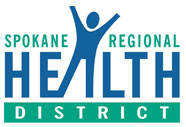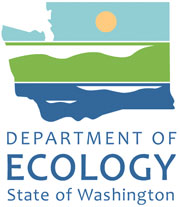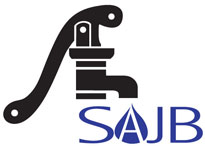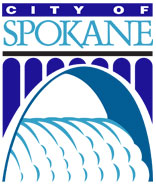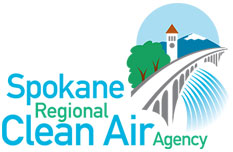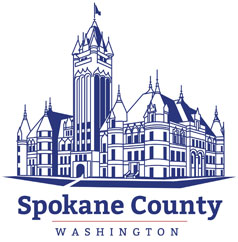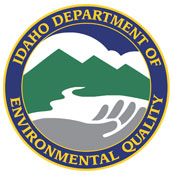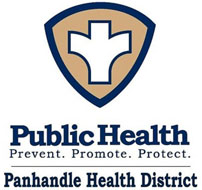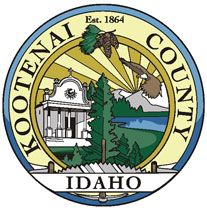Waste » Business » Wastewater » Stormwater
If not directed properly, stormwater can foul the environment and put plants, fish, animals, and people at risk. Why? Because flowing water picks up contaminants, nutrients, dirt, and bacteria before being deposited into the river or aquifer. This can put our drinking water, fish, and habitat at risk. Examples include motor oil from leaky engines, fertilizer from lawns, dirt from erosion, nutrients from pet waste and trash.
Particularly for new construction, Spokane is encouraging low impact development (LID) practices wherever possible and practical as a way to naturally allow rain and snowmelt to soak directly into the ground. LID strives to mimic pre-disturbance hydrologic processes through site conservation and managing stormwater as close to where it falls as possible. Porous pavement, landscape planters and storm gardens are common examples of LID solutions.
To learn more visit the City of Spokane's "Understanding Stormwater Permitting"
City of Spokane's "Understanding Stormwater Permitting"
City of Spokane's "Understanding Stormwater Permitting"
City of Spokane's "Low Impact Development" page


